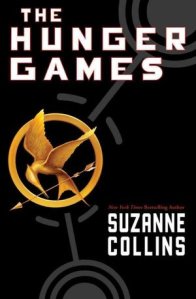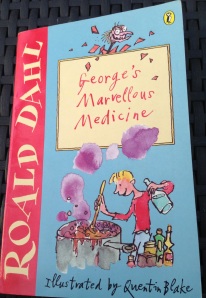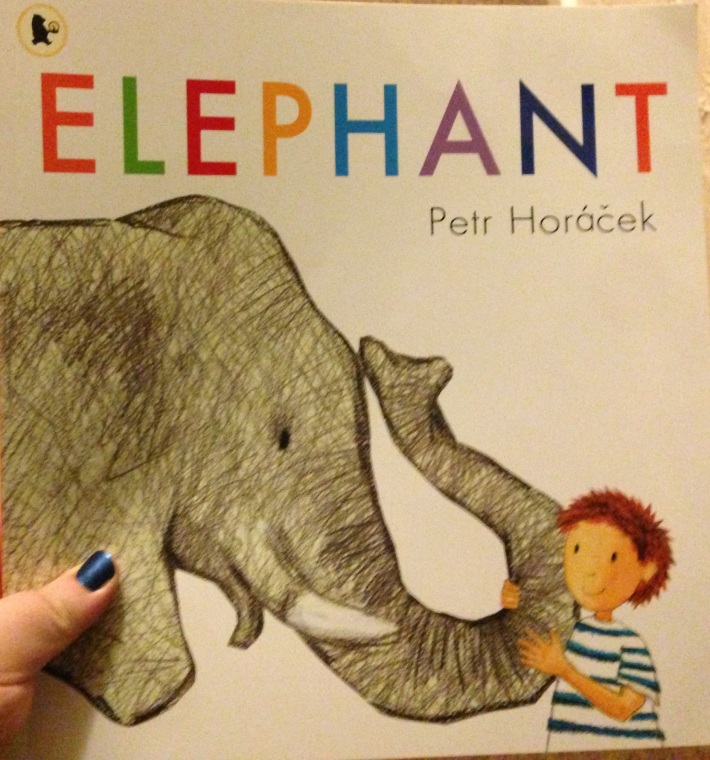Beautiful Creatures, by Kami Garcia & Margaret Stohl
Published by Penguin
Amazon.co.uk/
Amazon.com
Is falling in love the beginning... or the end?
In Ethan Wate's hometown there lies the darkest of secrets.
There is a girl.
Slowly, she pulled the hood from her head. Green eyes, black hair. Lena Duchannes.
There is a curse.
On the Sixteenth Moon, the Sixteenth Year, the Book will take what it's been promised. And no one can stop it.
In the end, there is a grave.
Lena and Ethan become bound together by a deep, powerful love. But Lena is cursed and on her sixteenth birthday, her fate will be decided.
Ethan never even saw it coming.
I was made aware of this book when, at the cinema to see Les Miserables, I saw the
trailer for the film adaptation. Apart from loving the song, which immediately went on my iPod when I got home (
Seven Devils - Florence + the Machine), what I saw caught my attention enough to jot down the name and read the book.
Beautiful Creatures is set in the fictional town of Gatlin, South Carolina. Ethan Wate, from whose perspective the book is written, describes his town's residents as either "stupid or stuck", and can't wait to leave, bored with the banality of his life. Fairly soon into the book, the reader is pulled into his dream, where we meet a girl smelling of lemons and rosemary, in need of help. A girl who, although he hasn't yet met her, Ethan can't live without.
The girl is Lena Duchannes ("Duchannes rhymes with rain"), with black hair, green eyes, and mysterious powers that see her surrounded by the pathetic fallacy. It's often raining when Lena's upset, and at one point there's even a tornado. Lena's a Caster, a broader term for a witch that, within her family, also includes a palimpsest, a siren and an incubus. The main premise of the story is that Lena's family is cursed, and on the night of their sixteenth birthday each member of that family becomes 'claimed' as either a dark or light Caster. Lena keeps a count on her hand of how many days she has left until this night, but until she gets to that point, she's tormented by a
Carrie-esque group of Gatlin-born-and-raised girls, alongside much of the rest of the town.
I read quite a good blog post on this a few days ago, although, sorry, I can't find it again for love nor money now! They pointed out that Ethan had a fair few feminine qualities (being very observant of Lena's clothes, for example), but that if the story had been written from Lena's perspective, it would have been 900 pages of teenage angst. I agree with that! It's easy to see why she would be feeling so fraught though - it is made clear that she has no control over which way she will turn. If she is claimed as a Dark Caster, the book says, her personality will completely change, and she'll no longer be able to see the family she has grown up with (apart from Ridley, I guess).
I did enjoy the story - it was fast paced, there was always enough going on to hold my attention, and there was a great twist at the end that I didn't see coming. I really liked the fact that Lena craved normality, even though it was, ironically, the thing that Ethan hates about his town. As a teenager with medical/weight/my share of social issues, I could really relate to the idea that, despite whatever else she had going on, she just wanted to be able to do what everyone else does, no matter how boring or basic it may seem. That really resonated with me.
More spoilers from this point!
I was also really fascinated with the character of Ridley. She came strutting onto the scene and automatically made my jaw drop, as I think she was supposed to. Even when we're told she's a Dark Caster, her struggle with good and bad always seems to be lurking somewhere. I thought it really added grit to the book that she and Lena were best friends all through their childhood - you can really tell that Ridley still wants what's best for Lena, even if that later translates to her trying to help Sarafine turn Lena towards the dark side. Then, later on, it's obvious she has feelings for Link, and even the darkness within her can't squash that. It's an intriguing conflict!
However, I think this book will only ever be a guilty pleasure, and that's because of the love thing. Now, I must admit, it's not as bad as the Twilight film (which sickened me, and put me off reading the books), where Bella and Edward meet and she's almost straight away "in love" with him. However, it's still obvious almost from the beginning that by the end of the book, Lena and Ethan will have said those 3 overused, under-meant words - "I love you". She's 15, and he's 16, by the way. The book manages to make it seem like their destiny by making their ancestors romantically linked, but I'm still not sure. I admit this may be because I'm slightly biased; I've never been in love, and didn't actually have a boyfriend as a teenager. Maybe it is really easy to fall in love, I don't know. To me though, being realistic is important - even in a fantasy book. As a reader, I need to be able to relate to the characters in some way, and it seemed like a cliche to make their feelings so intense, despite the events in the book.
Then, there's the ending. While I really enjoyed the twist at the end, it was over too quickly. There was so much build up to meeting Sarafine, only for her to die (it seemed like) 10 minutes after she was first introduced. Plus, what happened to Ridley? Technically, Lena didn't choose a side, so I do want to read further on in the series to see what happened to her - I'll be really disappointed if she's just forgotten about. As well as this, I want to know more about the name changes - why are they necessary, and do the new names fit them better somehow?
If you want to read more about
Beautiful Creatures, I found some good reviews
here and
here.
Well, if you've made it through my rambling, I'm impressed! I know I haven't mentioned several important characters (Amma, for one), but I've covered most of the things I remember thinking about the book. Overall, I did like it and I'll be going to see the film, as well as reading more of the series, but I did see some parallels with Twilight. What did you think?













